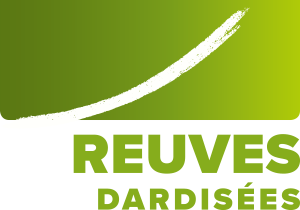If you have any questions that are not answered here, please do not hesitate to contact us. You can write to us using the contact form on the website or contact us by email at info@epstan.lu or telephone on +352 46 66 44 97 77(elementary school helpline).
Preparing and administering the ÉpStan
ÉpStan manuals for coordinators and teachers are available online. Please click here to download the manuals. At the appropriate time, coordinators and teachers of participating classes will of course receive printed versions of the aforementioned documents.


